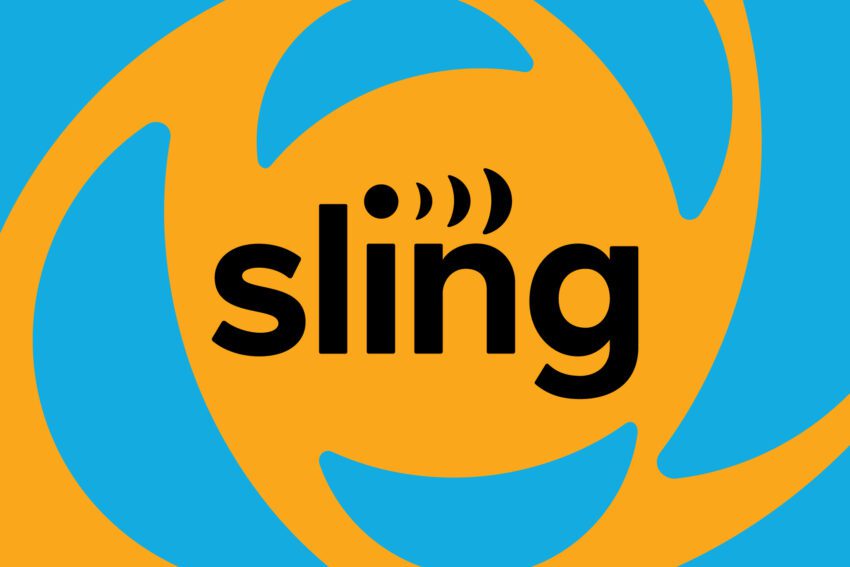
disney loses bid to block sling tv A federal judge in New York has denied Disney’s request to block Sling TV’s innovative one-day cable passes, allowing viewers to stream live content for as little as one day.
disney loses bid to block sling tv
Background of the Case
The legal battle between Disney and Sling TV began shortly after Sling TV introduced its short-term passes, which enable users to access a variety of channels for a limited time. This service, which starts at a price point of $4.99 for a one-day pass, includes several channels owned by Disney, such as ESPN, ESPN2, ESPN3, and the Disney Channel. The introduction of these passes has sparked significant interest among consumers looking for flexible viewing options without the commitment of long-term subscriptions.
Disney’s lawsuit was filed shortly after Sling TV’s announcement, claiming that the one-day passes violated an existing agreement between the two companies. According to Disney, this agreement mandates that Sling TV must provide access to its content only through monthly subscriptions. The entertainment giant argued that the introduction of short-term passes undermined this contractual obligation and could potentially harm its brand and customer base.
Judge’s Ruling
On Tuesday, US District Judge Arun Subramanian delivered a decisive ruling against Disney, stating that the company had not demonstrated that Sling TV’s passes caused “irreparable harm.” The judge emphasized that Disney’s claims were unlikely to succeed in court, primarily because the contract in question did not specify a “minimum subscription length.” This lack of clarity allowed for a broader interpretation of what constitutes a subscriber under the agreement.
Key Points from the Ruling
- Broad Definition of Subscribers: Judge Subramanian noted that the agreement’s “broad definition” of a subscriber clearly encompasses users who purchase the one-day passes.
- Lack of Evidence: The ruling highlighted that Disney failed to provide evidence showing how the passes could harm the company’s reputation or siphon customers from its new ESPN Unlimited live sports streaming service.
- Distribution Method: The judge pointed out that the networks are being distributed on the same platform and in the same manner as before, but now to a wider audience of Sling customers.
In his ruling, Judge Subramanian stated, “Disney hasn’t shown it has lost customers due to the Passes. The networks are being distributed in the same platform, in the same manner, that they always have, but to a broader array of Sling customers.” This statement underscores the court’s view that the introduction of one-day passes does not fundamentally alter the competitive landscape in a way that would harm Disney.
Implications for Disney and Sling TV
The ruling has significant implications for both Disney and Sling TV. For Disney, the loss in court represents a setback in its efforts to maintain control over its content distribution. As traditional media companies face increasing competition from streaming services, the ability to adapt to changing consumer preferences is crucial. Disney’s challenge is to balance its legacy business models with the need for innovation in a rapidly evolving marketplace.
On the other hand, Sling TV’s victory is a significant win for the streaming service and could set a precedent for other companies looking to offer flexible viewing options. The ability to provide short-term access to popular channels may attract a new segment of consumers who are hesitant to commit to long-term subscriptions. This flexibility aligns with the growing trend of on-demand viewing, where consumers prioritize convenience and affordability.
Market Reactions
Following the court’s decision, Sling TV announced a promotional offer, providing its one-day pass at a discounted rate of $1 to celebrate the ruling. This move not only showcases Sling TV’s confidence in its service but also aims to attract new customers who may be curious about the one-day pass option. The promotion could potentially lead to increased subscriptions and customer engagement, further solidifying Sling TV’s position in the competitive streaming market.
Seth Van Sickel, Sling TV’s senior vice president, commented on the ruling, stating, “For too long, traditional ‘big media’ companies have intentionally stifled innovation and forced customers to pay for more content than they want or need. We believe customers deserve the flexibility to stream the content they want, whenever they want it, at a price they can afford. Consumers deserve affordable TV, not bound by long-term contracts or bloated offerings.” This statement reflects Sling TV’s commitment to consumer-centric services and its desire to challenge traditional media practices.
Consumer Preferences and Industry Trends
The legal dispute between Disney and Sling TV highlights broader trends in consumer preferences and the media landscape. As more viewers shift away from traditional cable subscriptions in favor of streaming services, companies must adapt to meet changing demands. The rise of on-demand viewing has led to an increased appetite for flexible pricing models, allowing consumers to pay only for the content they wish to access.
Research indicates that a growing number of consumers are dissatisfied with traditional cable packages, which often include channels they do not watch. This dissatisfaction has fueled the popularity of streaming services that offer customizable viewing options. Sling TV’s one-day passes cater to this demand by providing a low-cost alternative for viewers who may not want to commit to a full month of service.
Future of Streaming Services
The outcome of this legal battle may influence how other streaming services approach content distribution and pricing strategies. As competition intensifies, companies may seek to differentiate themselves by offering unique subscription models that appeal to consumers’ desire for flexibility. The success of Sling TV’s one-day passes could inspire similar offerings from other platforms, further reshaping the streaming landscape.
Moreover, the ruling may prompt traditional media companies like Disney to reconsider their strategies in light of changing consumer behavior. As viewers increasingly prioritize convenience and affordability, legacy media firms may need to innovate and adapt to retain their customer base. This could involve exploring new distribution models, enhancing user experiences, or reevaluating pricing structures.
Conclusion
The recent ruling by Judge Arun Subramanian marks a significant moment in the ongoing evolution of the media and entertainment industry. As Sling TV continues to offer innovative solutions to meet consumer demands, traditional media companies like Disney face the challenge of adapting to a rapidly changing landscape. The implications of this legal battle extend beyond the immediate parties involved, potentially influencing the future of content distribution and consumer engagement in the streaming era.
Source: Original report
Was this helpful?
Last Modified: November 19, 2025 at 10:38 pm
2 views















